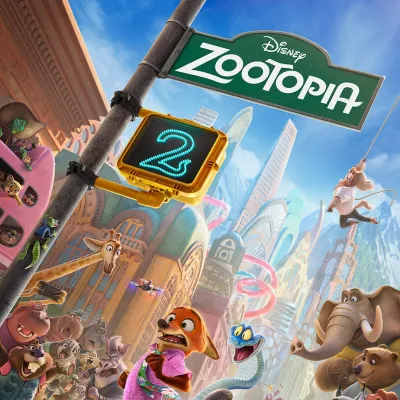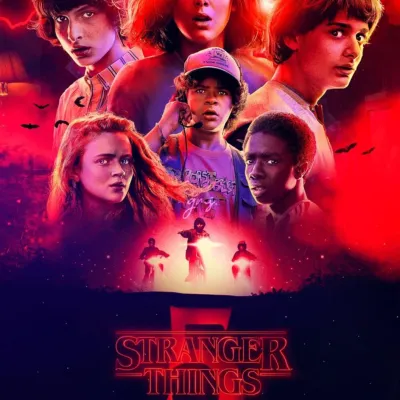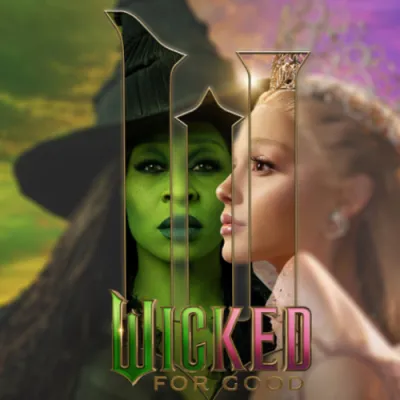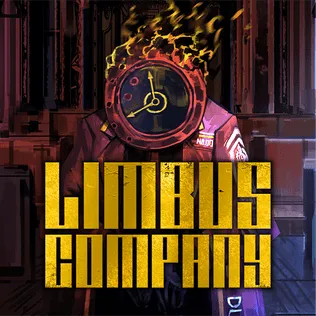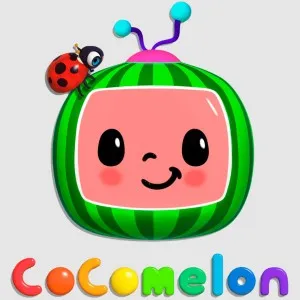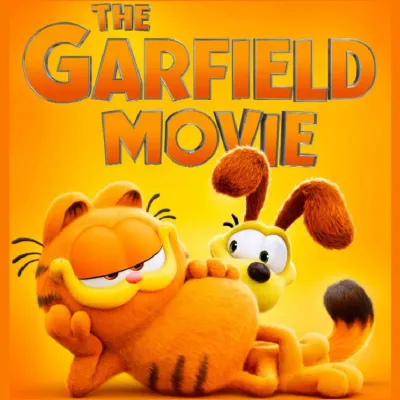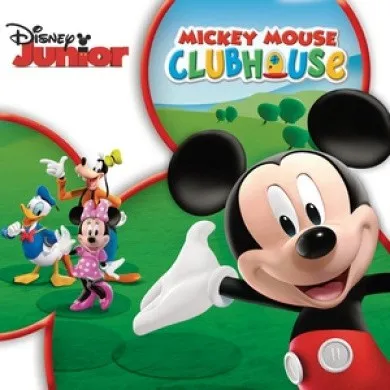Paw Patrol Review
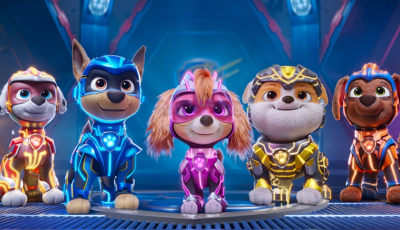

The Canine Crusaders Take Over TV
In an era where children's entertainment is just as much about captivating the audience as it is about marketing a brand, "Paw Patrol" stands as a towering example of this dual-purpose creation. The show, bubbling with cheerful anthropomorphic puppies and their high-flying adventures, has become a global phenomenon that seamlessly marries screen time with playtime. This phenomenon is not just another cartoony blip on the radar; it has cultivated a loyal following that spans the globe and a merchandise empire that fills every nook and cranny of a child's life, from the toy box to the toothbrush holder.
"Paw Patrol" Under the Microscope - More Than Just Child's Play?
At its core, "Paw Patrol" champions the virtues of bravery, teamwork, and ingenuity. The central characters, a gaggle of puppies led by a tech-savvy boy named Ryder, operate an all-encompassing rescue service in the bustling metropolis of Adventure City and its environs. Each pup sports a distinctive personality paired with a specialized skill set, from fire-fighting to piloting, thereby catering to a wide range of youthful aspirations. The simplicity of the characters' traits paves the way for catchphrases and predictable storylines, which, while endearing to the young audience, can come across as repetitive and formulaic to more discerning viewers.
Despite its popularity, "Paw Patrol" is not without its critics. Some viewers express concern over the show's portrayal of a single child character, Ryder, managing a team of pups dispensing emergency services—a concept that might muddle a child's understanding of real-world first responders and their roles. The challenges faced and quickly resolved might oversimplify complex issues, potentially skewing a child's grasp of problem-solving in real life. Furthermore, the relentless push of merchandise, often elaborately intertwined with the storylines, raises questions about the balance of entertainment value versus consumerism. Is the show a thinly-veiled commercial? This is a criticism that cannot be easily dismissed.
"Paw Patrol" – Love It or Loathe It, It's Here to Stay
Despite its formulaic approach and the overt commercial undertones, "Paw Patrol" remains a beloved staple in many households. Whether it's the vibrant colors, the relatable canine heroes, or the thrill of the rescue, children around the world light up at the sound of the "Paw Patrol" theme song. Parents, while perhaps wary of the endless stream of merchandise, can't help but acknowledge the positive message of teamwork and courage. The series has received its fair share of accolades, as well as critical side-eyes, but there's no denying its efficacy in capturing the imagination of its young audience.
Viewer impressions, particularly among the target demographic, tend to be overwhelmingly positive. Kids delight in the adventures of their favorite pups, often carrying this enthusiasm into their play and social interactions. On the flip side, adult viewers have pointed out the lack of depth in the show's plots and character development, aspects that are often sacrificed for the sake of keeping content simple and hypnotically engaging for its audience. To dismiss "Paw Patrol" simply as a marketing engine would be to ignore its genuine entertainment value and the joy it brings to its young fans. Whether embraced or eyed with skepticism, "Paw Patrol" has undeniably made its paw print on the world of children's entertainment.
